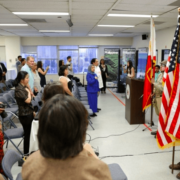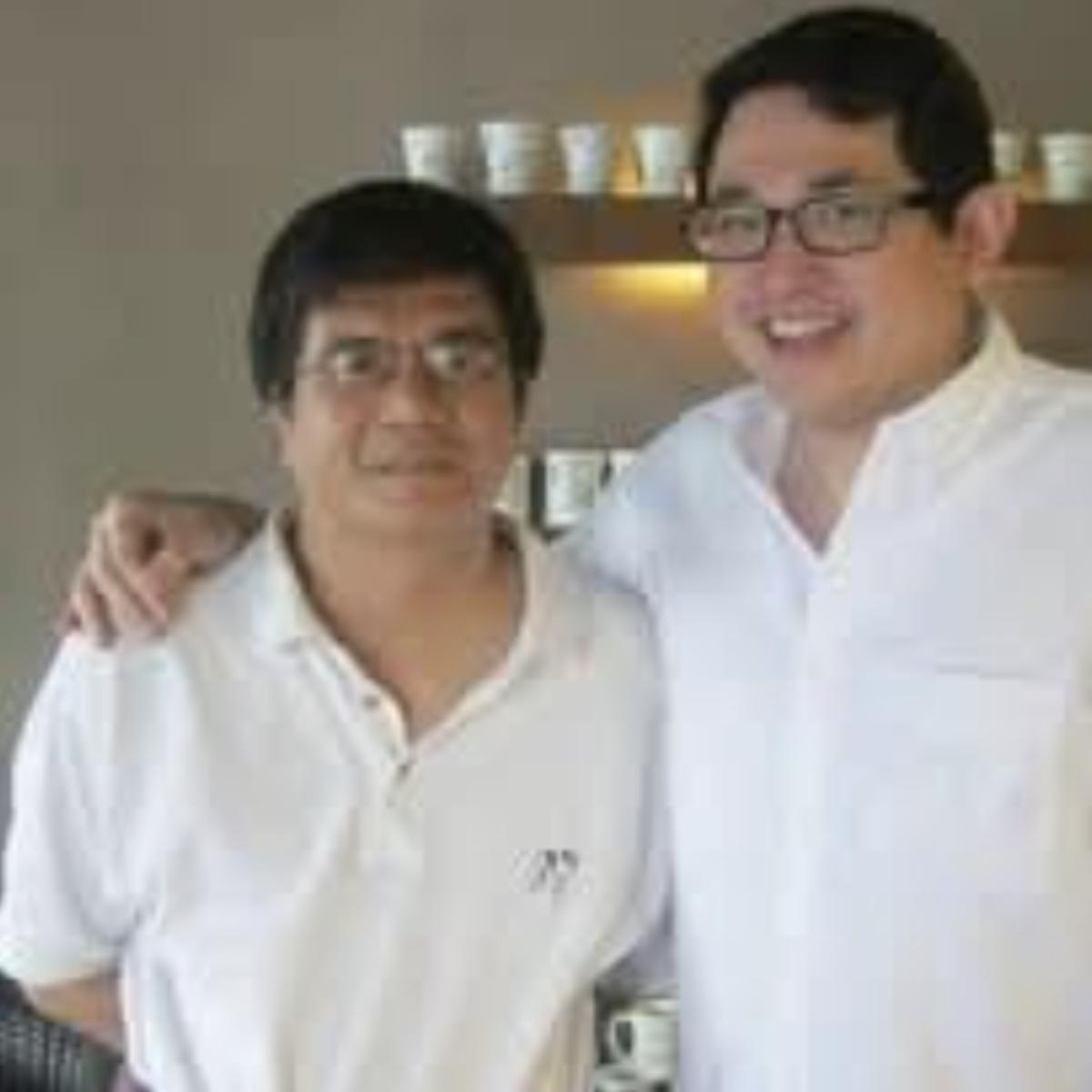There is always a legend of a hero — one who fights and dies in the name of freedom.
The word freedom does not seem to have a synonym, only forms of it: freedom of expression, freedom of worship, freedom of press and all other assumptions challenged by a myriad of possibilities.
Heroes are unparalleled men and women who are monuments of fierce fidelity, fighting against tyranny and oppression.
Caught in the conflicts of political struggles and ideology that move inexorably toward a confrontation with death. They never give up and to most of them, death is imminent.
The Fall of Bataan on April 9, 1942 is a ghost which continues to haunt the collective memories of those who became part of it and lived to tell their stories.
Accounts are loaded with true anecdotes and testimonials about the tragedy, which were gathered from interviews among survivors.
It is a debauchery yet unfettered, for it is a human miracle of spirit and mind which carries us today, on its 72nd anniversary. 90,000 USAFFE surrendered to a Death March from Mariveles, Bataan; to San Fernando, Pampanga; to Capas, Tarlac; and to Camp O’Donnell, where they became prisoners of war.
On April 8, at the Philippine Consulate, the Fil-Am community watched a semi-documentary of the Bataan Tragedy. It evoked mixed feelings of pain, gratitude and a deeper sense of patriotism.
In war, one can be right and yet beaten. Force can vanquish the spirit at a time when courage is not rewarded.
One of the curiosities about such event documentaries is that they elude art.
Yet, you see true eminence as it coalesces into a typical modernist narrative. Interviews gathered from hundreds of survivors hound the conscience of the Filipino.
They were soldiers, who would kill in the name of justice and freedom. But what justice, what freedom?
Bleeding, limping and crying they didn’t know where to hide. They were surrounded by filth and disease.
Along the long Death March were corpses — some were shapeless, all were decomposing.
The captors were indescribably cruel.
The hero goes through a period, where he is completely by himself, exposed to an irresistible temptation to surrender, everything conspires against him. He fights alone for freedom, never giving up — only to be killed by colonizers and their cohorts.
The story of the Fall of Bataan is about the Filipino’s sense of self at a particular time.
It rallies everyone’s spirit for unity, strength and sacrifice in the fight for freedom, with only a good conscience as reward.
Part of a continuum between generations is keeping important values.
We want to pass on to our children and others growing up in a world that being Filipino carries responsibilities.
The freedom we cherish (yet sometimes take for granted) our diversity of heritage and experiences that strengthen us are gifts from our heroes.
As our nation celebrates the 72nd anniversary of the Fall of Bataan, let us remember that they gave us their best. Now, it is our turn.







